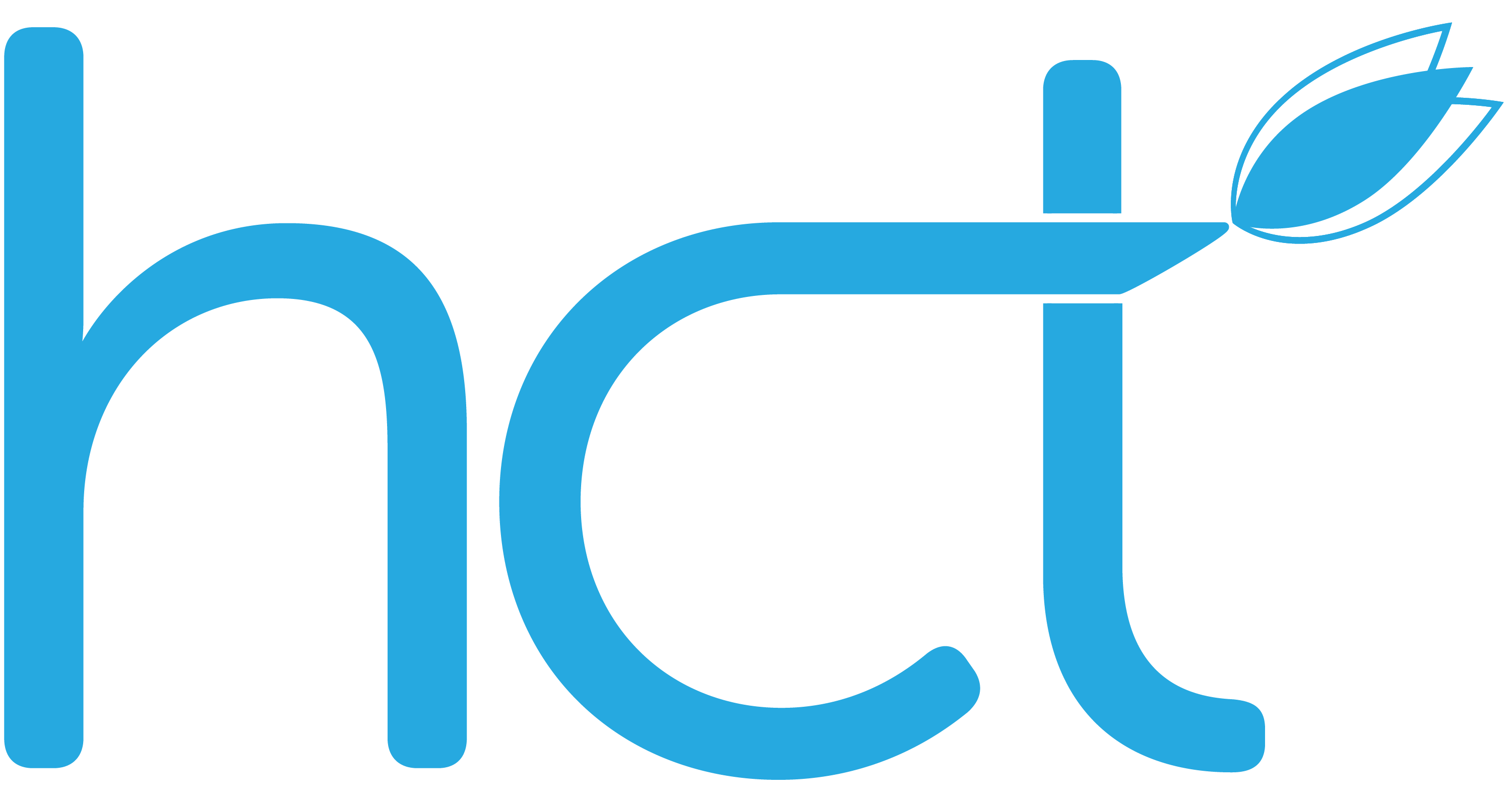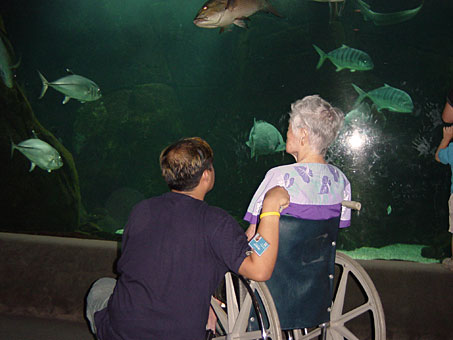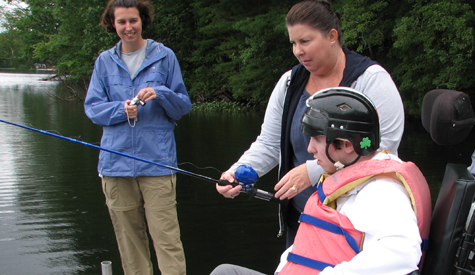HCT offers Recreational Therapy to children and adults affected by Cerebral Palsy, Autism Spectrum Disorder, Traumatic Brain Injury, Elder Care Needs, and other special needs. Recreational Therapists work with clients to restore motor, social, and cognitive functioning; build confidence; develop coping skills; and integrate skills learned in treatment settings into community settings. Intervention areas vary widely and are based upon client interests. Examples of intervention modalities include creative arts (e.g., crafts, music, dance, and drama), sports, adventure programming, and leisure education. For an overview of Recreational Therapy services offered by HCT and to learn how to begin receiving these services please explore the following list of key questions and answers.
What is Recreational Therapy?
Recreational Therapy encompasses the delivery of treatment designed to rehabilitate an individual’s level of independence and functioning, to promote health and well-being, and to address activity restrictions caused by an illness or chronic condition. Recreational Therapists work to improve a client’s physical, cognitive, emotional, and social functioning as well as help clients overcome barriers to independence and leisure. Some examples of Recreational Therapy techniques include sports, arts & crafts, movement, and everyday tasks.
What do Recreational Therapists do?
Recreational Therapists implement a diverse spectrum of techniques and treatments in order to improve clients’ physical, cognitive, emotional, and social functioning. Session activities are targeted to help clients develop new skills, knowledge, and behaviors for daily life. Recreational Therapy often focuses on community involvement, independent functioning, and a sense of enjoyment.
What clients do Recreational Therapists serve?
HCT’s Recreational Therapists serve a wide range of clients with special needs including children and adults with Cerebral Palsy, Autism Spectrum Disorder, Traumatic Brain Injuries, Post-Surgery Rehabilitation, and the Elderly. Recreational therapists will design a customized recreational treatment plan based on each client’s individual capabilities and goals.
How are Recreational Therapy Services different from other types of therapy?
Recreational Therapy services are different from the other services provided by HCT through their focus on the enhancement of all physical, cognitive, emotional, social, and leisure aspects of the individual client. The goal of Recreational therapy is to enable clients to effectively participate independently in chosen life pursuits. A primary function of Recreational Therapy is the incorporation of the client’s individual interests into the therapy strategy. The element of individualization within the field of Recreational Therapy is a fundamental factor in its ability to impact all aspects of a client’s achievement.
What are the Benefits of Recreational Therapy?
The Physical Benefits of Recreational Therapy:
- Focus on Mobility
The Psychological Benefits of Recreational Therapy:
- Increased Independence
- Improved Concept of Self
- Enhanced Endurance
- Socialization
- Positive Reinforcement
- Community Involvement
What are a Recreational Therapist’s Education, Qualifications, and Credentials?
A qualified Recreational Therapist is one who is nationally certified as a Certified Therapeutic Recreation Specialist (CTRS), usually referred to as a Recreational Therapist. Qualified professionals are certified through the National Council for Therapeutic Recreation Certification (NCTRC, http://www.nctrc.org), which requires a Bachelor’s degree or higher from an accredited university, a formal internship, and the passing of a national certification examination. In addition, a CTRS must maintain their credential every five years through the NCTRC re-certification process.
What is the process for receiving Recreational Therapy Services from Health Care Therapies?
In order to receive Recreational Therapy services from HCT, a client evaluation must first be scheduled. An HCT Therapist will meet with the client and their family to discuss the client’s overall health as well as their capabilities, goals, and challenges they experience. After the initial client evaluation, HCT Therapists work with the client as well as the client’s family and doctors to create a comprehensive treatment plan that will benefit the client to help them reach their goals. The customized treatment plan may feature various components including Massage Therapy, Recreational Therapy, Music Therapy, and Aquatic Therapy. The recreational components of the treatment plan are typically performed at the client’s home or at a community location. The recreational treatment plan is designed to focus on all aspects of a client’s well-being including physical, cognitive, emotional, and social functioning, in order to help overcome all barriers to independence and leisure.



